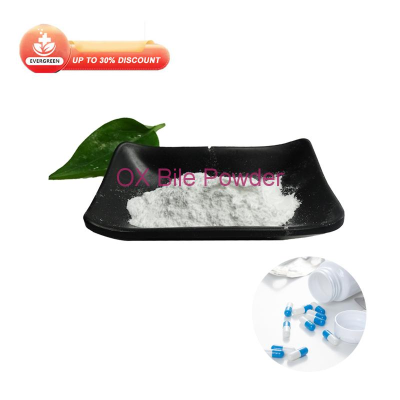-
Categories
-
Pharmaceutical Intermediates
-
Active Pharmaceutical Ingredients
-
Food Additives
- Industrial Coatings
- Agrochemicals
- Dyes and Pigments
- Surfactant
- Flavors and Fragrances
- Chemical Reagents
- Catalyst and Auxiliary
- Natural Products
- Inorganic Chemistry
-
Organic Chemistry
-
Biochemical Engineering
- Analytical Chemistry
- Cosmetic Ingredient
-
Pharmaceutical Intermediates
Promotion
ECHEMI Mall
Wholesale
Weekly Price
Exhibition
News
-
Trade Service
| In 80% of cancer types, this enzyme is critical |
| New research is expected to lead to new ways to fight cancer and viral infections |
Researchers found that APOBEC3A enzyme (yellow) attacks DNA (white) to promote cytosine deamination (bright orange), thereby generating DNA mutations in the cell genome
.
Image source: University of California, Irvine
Recently, American researchers have identified two new methods to control the catalytic subunit 3A of the apolipoprotein B mRNA editing enzyme (APOBEC3A)
.
APOBEC3A is an important enzyme that can induce various cancer gene changes and protect human cells from virus infection
APOBEC3A enzyme is an important part of the innate immune system.
It protects cells from virus infection by inducing mutations to prevent virus replication
.
However, APOBEC3A also directly attacks the genome of cancer cells, leading to an increase in the level of DNA mutations, resulting in cancer progression, metastasis, and drug resistance
"Recent cancer genomics studies have found that APOBEC enzymes are one of the key drivers of mutations that increase tumor heterogeneity, metastasis, and drug resistance
.
" The research leader and assistant in the Department of Biochemistry, University of California, Irvine (UCI) School of Medicine Professor Rémi Buisson said, “In previous studies, we proved that APOBEC3A-induced DNA mutations are extremely common in cancer patients
In this study, UCI School of Medicine graduate student Sunwoo Oh and postdoctoral fellow Elodie Bournique described how viral infections and genotoxic stress caused by chemotherapy drugs transiently upregulated APOBEC3A
.
Researchers found that viral infection triggers a specific innate immune response to activate APOBEC3A expression in human cells, and that different chemotherapeutic drugs stimulate APOBEC3A differently
Specifically, APOBEC3A is a cytidine deaminase that drives mutations in tumors
.
Although APOBEC3A-induced mutations are common, APOBEC3A expression is rarely detected in cancer cells
First, the researchers proved that signal transduction and transcription activator 2 promote the expression of APOBEC3A through retinoic acid-induced gene protein I, mitochondrial antiviral signal protein, interferon regulatory factor 3, and interferon-mediated signaling pathways in response to exogenous sources.
Nucleic acid
.
The researchers also found that DNA damage and DNA replication stress trigger a dependent response to induce the expression of APOBEC3A and other innate immune genes
"In short, our results reveal the different ways in which cells regulate APOBEC3A expression in order to help the body respond to the different types of stress that cells may encounter
.
" Buisson said, "Understanding how cancer cells and viral infections regulate APOBEC3A expression will help To develop new anti-cancer treatment strategies and new anti-viral therapies
Researchers believe that more research work is needed in the future to formulate relevant strategies to prevent the formation of cancer gene mutations caused by APOBEC3A, help reduce tumor heterogeneity and at the same time, promote disease and drug resistance research
.
The researchers also plan to determine whether certain types of mutations previously detected in viruses such as the new coronavirus are the result of APOBEC3A activity, and hope to find out whether they affect the replication of the virus in cells
.
Related paper information: https://doi.
org/10.
1038/s41467-021-25203-4







